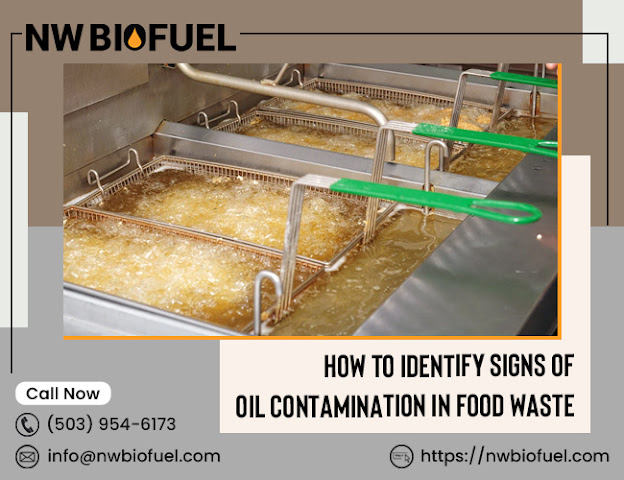Is Used Cooking Oil Collection A Scam?
Imagine yourself dutifully collecting your old cooking oil and recycling it to save the environment. You do, however, have a sneaking suspicion that everything could be too good to be true. Could collecting leftover cooking oil be a scam? To distinguish fact from myth, we're delving into the oily world of spent cooking oil collection. We'll examine the procedure, legalities, and advantages while dispelling any myths we come across: Seattle used cooking oil collection, Rentonused cooking oil collection, Redmond used cooking oil collection, Olympia used cooking oil collection, Kirkland used cooking oil collection, and Seattle used cooking oil disposal.
The Collection Process: How It Works
Licensed Collectors: The business of collecting used cooking oil is legal. The used oil is collected by licensed collectors, who frequently collaborate with restaurants and other foodservice businesses.
Storage and transportation: To avoid spillage and pollution, the collected oil is kept in specific containers. After that, it is moved to facilities for processing.
Recycling: The oil goes through a thorough recycling process at processing facilities. It can be utilized as a component in cosmetics, processed into biodiesel, and fed to animals.
The Legal Landscape: Compliance and Regulation
Regulations are in place to regulate the handling and disposal of used cooking oil. It's crucial to cooperate with authorized collectors who follow these rules. Legal repercussions may occur from improperly disposing of spent cooking oil. It is crucial to abide by environmental rules. There might be particular rules for disposing of waste cooking oil in different places. It's important to comprehend and abide by local laws.
Debunking Common Misconceptions
It's a Scam: Collecting used cooking oil is not a fraud. It's a respectable industry that supports sustainability and recycling initiatives.
It's Unregulated: Regulations are in place to ensure safe handling and disposal. These rules must be followed by authorized collectors.
It's Unsafe: Used cooking oil is securely recycled into useful goods like biodiesel when handled and processed properly.
It Doesn't Make a Difference: Reusing leftover cooking oil lowers the environmental effect greatly by preventing pollution and fostering sustainability.
It's Too Complicated: Although there are rules to follow, it's not very difficult. Working with authorized collectors makes the procedure easier.
The Benefits of Responsible Collection
Compared to conventional disposal techniques, recycling spent cooking oil reduces pollution, conserves resources, and lowers carbon emissions.
Numerous uses for the recovered oil, including biofuels and animal feed, help to promote the circular economy.
Compliance with environmental legislation is ensured through proper collection and disposal, shielding enterprises from potential legal problems.
Conclusion
Used cooking oil collecting is a crucial component of environmental preservation and sustainability initiatives, and it is by no means a scam. When conducted ethically, it lowers pollution, promotes a circular economy, and aids companies in adhering to environmental requirements. Therefore, you can be confident that the next time you recycle your used cooking oil, you're helping to create a cleaner, greener future.
Relevant Blogs
Turning Fryer Fat Into Fuel: Redmond's Mission
Safe And Environmentally Friendly Cooking Oil disposal Through PNW Oil Revolution
How To Identify Signs Of Oil Contamination In Food Waste
Lakewood's Oil Disposal Dilemma: Sustainability At A Crossroads



.jpg)
Comments
Post a Comment